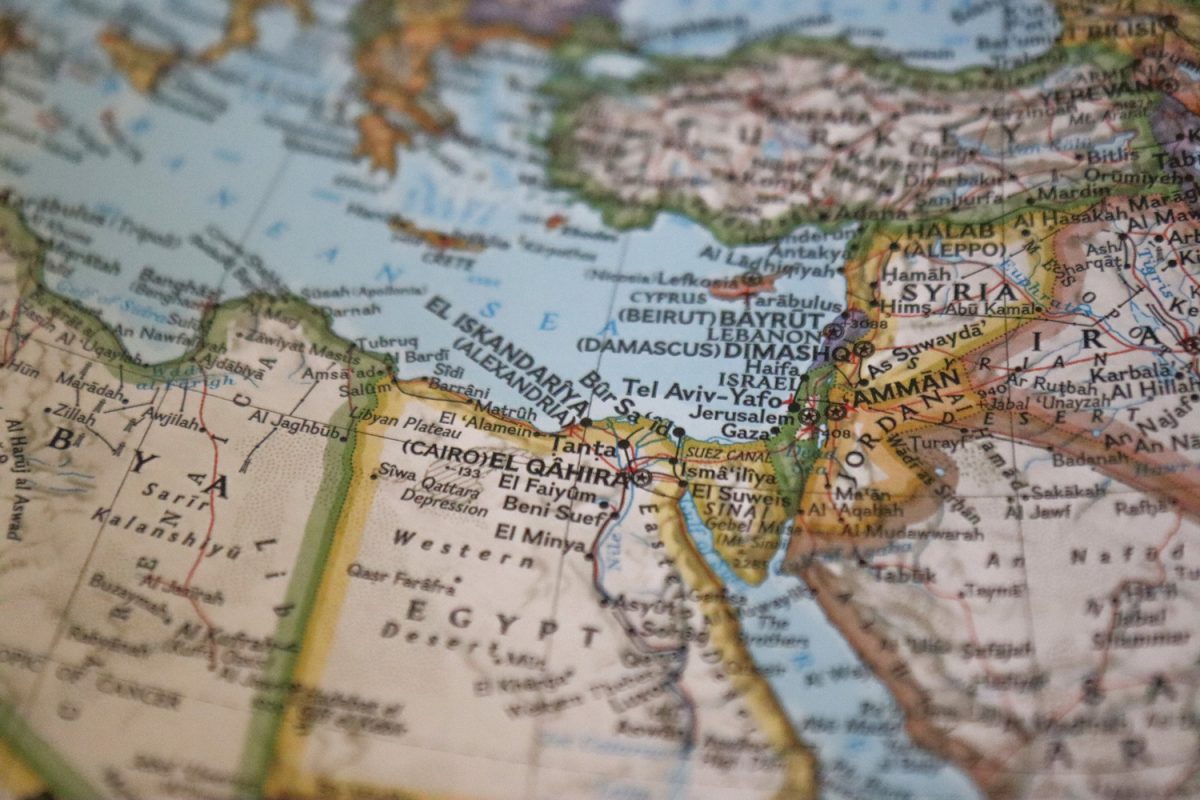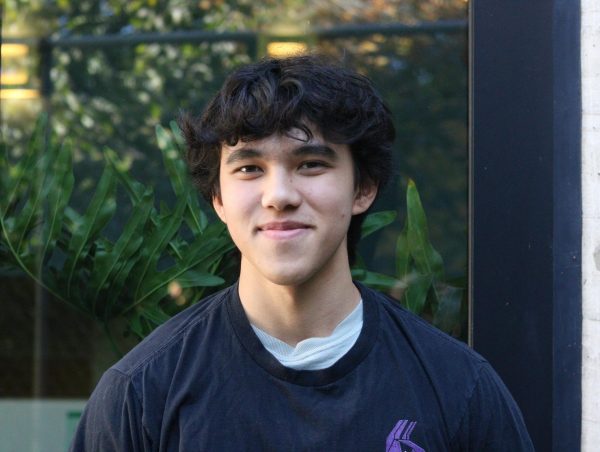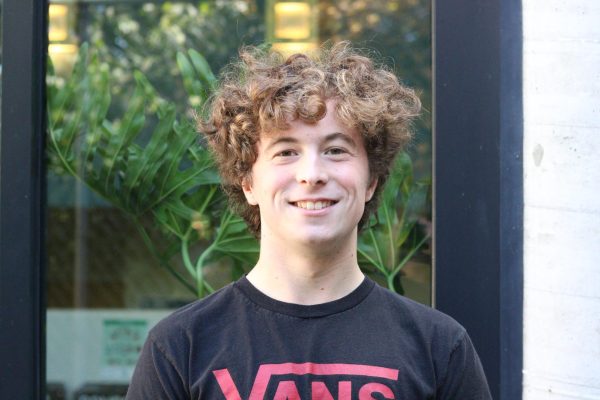As war rages in the Middle East between Israel and Iranian proxies, the conflict continues to weigh heavily on several Muslim and Jewish students at UPrep. The topic remains challenging to discuss due to the contentious opinions community members hold.
Senior Galia Harmelin, who lived in Israel for eight years and has family members near Jerusalem, can walk the halls of UPrep and nearly forget the war in the region. But oftentimes, the weight of the conflict returns the instant she gets home.
“I’ll come home after school [after] a good day, and then he’ll tell me, ‘Oh, there was a bombing near Haifa,’” Harmelin said, referring to her father. “Before he even asked me how my day went, he’s telling me about the news there. And it just kind of puts a dark mood on everything, but it’s just something that you have to live with.”
Sophomore Gabe Granby, who was born in Israel, has several relatives living in the country. His aunt is a medic in Israel’s army. Granby is often concerned about his family’s safety.
“It’s pretty stressful,” Granby said. “You hear things and see things on the news and it’s always like– is everyone okay?”
The Puma Press was unable to find community members who have family living in Palestinian or Lebanese territories. However, senior Muhumed Abdilahi, who is Muslim, still feels connected to the conflict due to his identification with the global Muslim community.
“The people in Palestine–I consider them my brothers and sisters,” Abdilahi said. “I don’t want to see them getting killed anymore. It hurts my heart to see all that.”
Junior Aslan Malik is also Muslim. He believes Israel’s actions in Gaza constitute a genocide. He acknowledges that his Muslim identity affects the way he views the conflict, but he also feels connected to t he war as he believes anyone should when they recognize injustice. According to Malik, the students and administration are not sufficiently addressing the conflict.
“We seem to just not want to even touch it, not want to learn from it, to understand it. And I think that’s a total missed opportunity,” Malik said. “I thought the whole goal was for us to be intellectually courageous and socially responsible.”
Malik does not have exact answers as to how the administration could better address the conflict, but he imagines some first steps could be taken by beginning to learn and have conversations about the conflict in classroom settings.
“It is so big and just tragic and morally inept that I think it calls [for] and justifies some sort of special deviation from normal curriculum to talk about it,” Malik said.
Abdilahi would also like the community to engage more with the conflict but believes that this change must come from students.
“If students are actually interested in talking about it, then you can have a productive conversation,” Abdilahi said.
Students share the desire to create spaces for conversation and learning about the conflict, but no spaces for conversation have been available since a group of Jewish students and the Muslim Student Association each held spaces for discussion last fall.
The upper school leadership team, which sent out all-school messages addressing the Israel-Hamas war last year, has not formally acknowledged the conflict this school year. However, Head of Upper School Susie Wu says she still pays special attention to the fighting.
“I know that it is really present in the minds of our Jewish community and our Muslim community, so that makes me constantly think about that,” Wu said.
Wu reached out to Muslim and Jewish students last year to check in on how the escalating conflict was impacting them, but she says she was not always well received.
“It raised questions and confusion, rather than actually open doors,” Wu said. “So to me, I’m like, I’ll leave the door open at this point, and I’ll just wait, even though I know it may be perceived by others as ‘Oh– well they’re not doing anything.’”
While senior Nava Ruthfield, a leader of the Jewish Student Union, can understand this approach, she felt disappointed that the one year anniversary of Oct. 7, the day Hamas invaded Israel, killing 1,200 and taking some 240 hostages, passed without the administration acknowledging the day. Harmelin shared this disappointment.
“I think that the school should have made a statement toward us, or at least talk to, you know, the leaders of the JSU, and that didn’t happen,” Ruthfield said.
Wu wants students to feel supported and to know that her “door is always open” to accommodate them.
“It is on all of our minds–the senior leadership,” Wu said. “And we want to be here for our students…hands down.”



